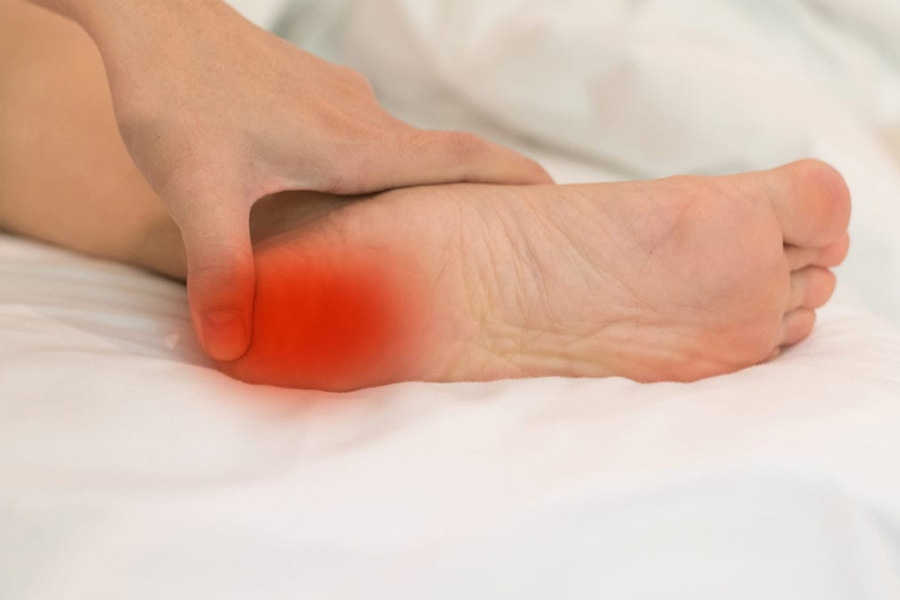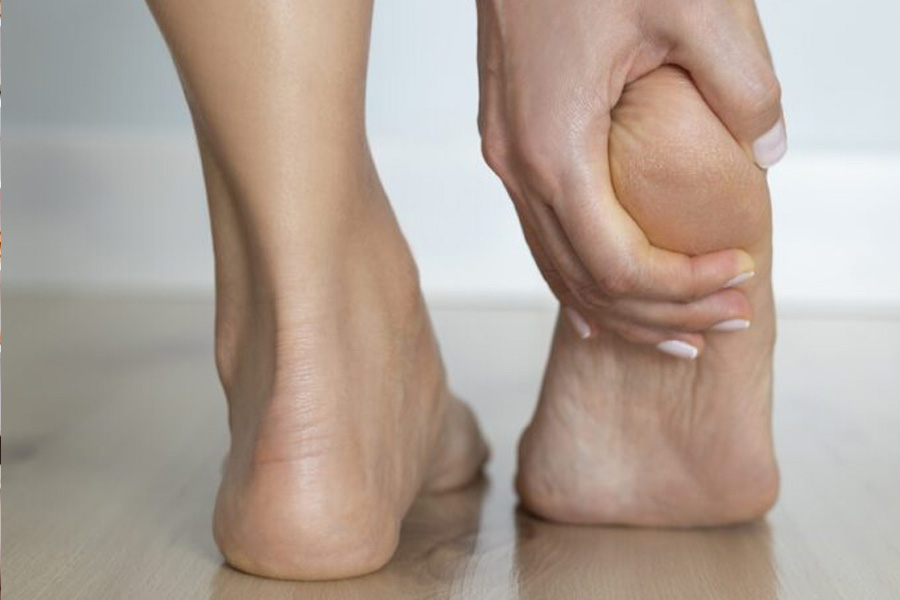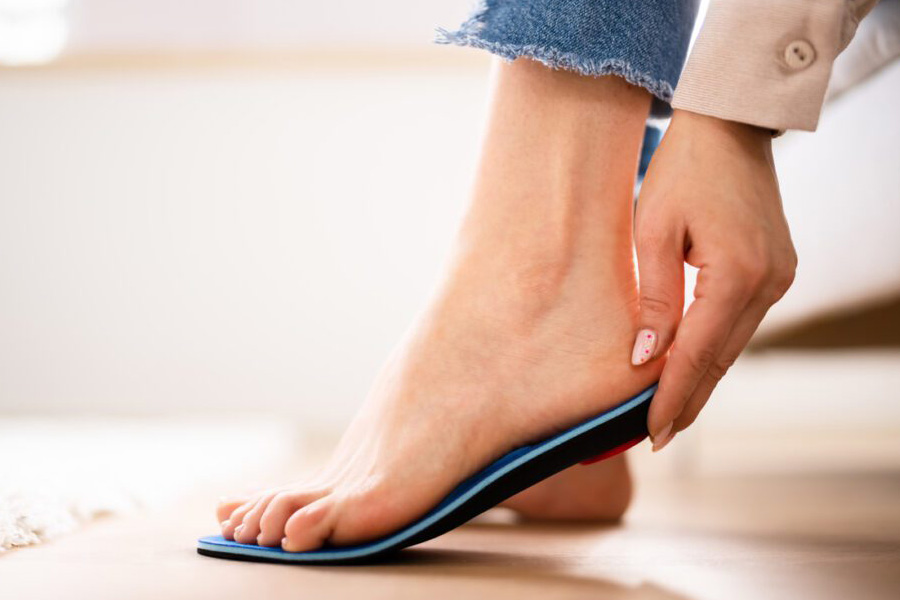Heel pain is a condition that can cause a lot of discomfort and even limit mobility for many individuals. Thankfully, there are several ways you can help ease heel pain and prevent it from getting worse. It is crucial to receive the best care for heel pain and plantar fasciitis because of how much you rely on your feet on a daily basis. Without adequate care, your quality of life can suffer and your mobility may become hindered.
Let’s discuss how to properly take care of your feet to avoid heel pain and plantar fasciitis.
1. Use Proper Footwear
The first thing to do is use proper footwear. Shoes should have plenty of cushioning around the heels and offer adequate arch support.
You may also want to look for shoes with flexibility in the sole so they move with your feet as you walk or run.
This type of support will reduce strain on the plantar fascia, which connects the heel bone to the toes, helping to reduce heel pain.
2. Use Ice
It’s beneficial to use ice whenever you experience any discomfort or inflammation in the heels.
Apply an ice pack wrapped in a thin towel to your heels for about 20 minutes at a time. Do this several times per day for the best results.
Applying ice to your affected areas will help reduce inflammation and soothe the area. Make sure you do not apply direct heat to the heels, as this can make the pain and inflammation worse.
3. Stretch Regularly
Stretching your calves and the sole of your foot regularly helps to alleviate tension. Spend 2-3 minutes every morning and night stretching both areas with deep, slow movements.
Hold stretches for 30 seconds each, repeating them twice for best results.
4. Use Orthotics
If you experience chronic heel pain or plantar fasciitis, you may benefit from using orthotics.
Orthotics provide extra cushioning to the feet and help support the arch of the foot. This reduces strain on the plantar fascia.
Speak with your podiatrist to determine if orthotics are right for your condition.
5. See a Podiatrist
Finally, make sure to seek out advice and treatment from a podiatrist if your heel pain persists or worsens over time.
Your podiatrist can accurately diagnose any underlying issues that could be causing your heel pain.
They will provide comprehensive treatments tailored to your needs in order to prevent further complications down the line. These treatments include:
Medications
Your doctor may prescribe anti-inflammatory medications. These medicines reduce inflammation and relieve pain.
Physical Therapy
Your doctor may recommend physical therapy exercises such as stretching, strengthening, and balance exercises to help reduce heel pain.
You can achieve pain relief using other therapy modalities as well, such as:
- Ice and heat therapy
- Shockwave therapy
- Massage therapy
Casting or Custom Orthotics
Your doctor may fit your foot with a cast or mold for a custom orthotic device that helps support the foot. It will reduce strain on the plantar fascia.
Surgery
In severe cases, surgery may be necessary to remove inflamed tissue or repair damaged tendons. These surgical procedures include:
- Tenotomy, which involves cutting the plantar fascia to reduce tension.
- Debridement, which removes inflamed tissue from the heel area and helps to reduce pain.
Preventing Future Cases of Heel Pain and Plantar Fasciitis
In addition to these tips, it’s important to take preventive measures against heel pain and plantar fasciitis. Make sure to:
- Warm up properly before exercising.
- Maintain a healthy weight to reduce the strain on your feet.
- Wear appropriate shoes for different activities.
- Replace running shoes regularly.
- Take the time to rest and recover after exercise.
If you suffer from chronic heel pain or plantar fasciitis, consider engaging in low-impact activities like walking and swimming. Try these activities instead of running, as running can put a strain on the feet.
Taking proper care of your feet is essential for reducing and preventing cases of heel pain or plantar fasciitis.
By doing so, you can stay active without suffering from uncomfortable heel pain.
Heel Pain and Plantar Fasciitis Treatment in Cincinnati, OH
The best ways to take care of heel pain and plantar fasciitis are to use proper footwear, ice, and stretch regularly. Use orthotics, if necessary, and visit a podiatrist for treatment. Additionally, preventive measures should be taken. Warm up before exercise, maintain a healthy weight, wear appropriate shoes for different activities, and replace running shoes regularly. All these tips can reduce occurrences of heel pain or plantar fasciitis.
Need heel pain and plantar fasciitis treatment in Cincinnati, Ohio? You can rely on Cincinnati Foot and Ankle Care. It’s important that you seek out professional advice from a foot doctor as soon as possible. To book a visit, call the office that is nearest to you or use our secure online appointment request form. The best podiatrist in Cincinnati will make sure you get the best care for your feet and heels.
Taking good care of your feet is the first step in providing relief and preventing future injuries!





